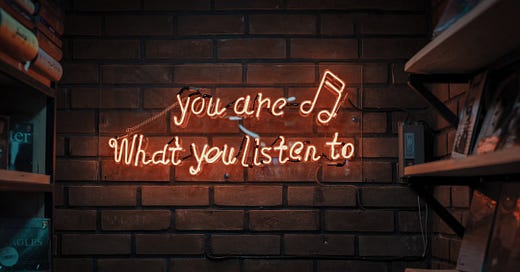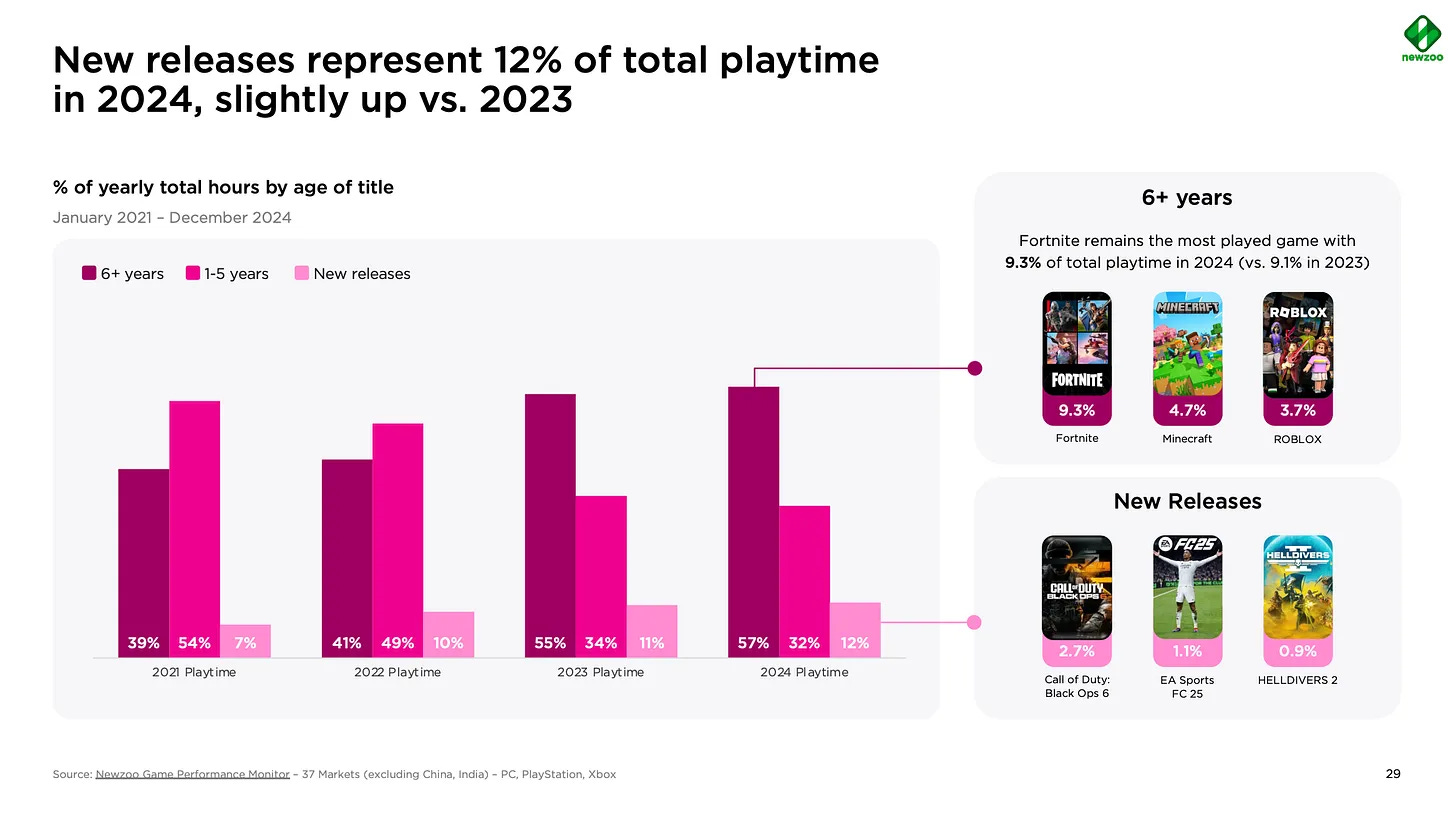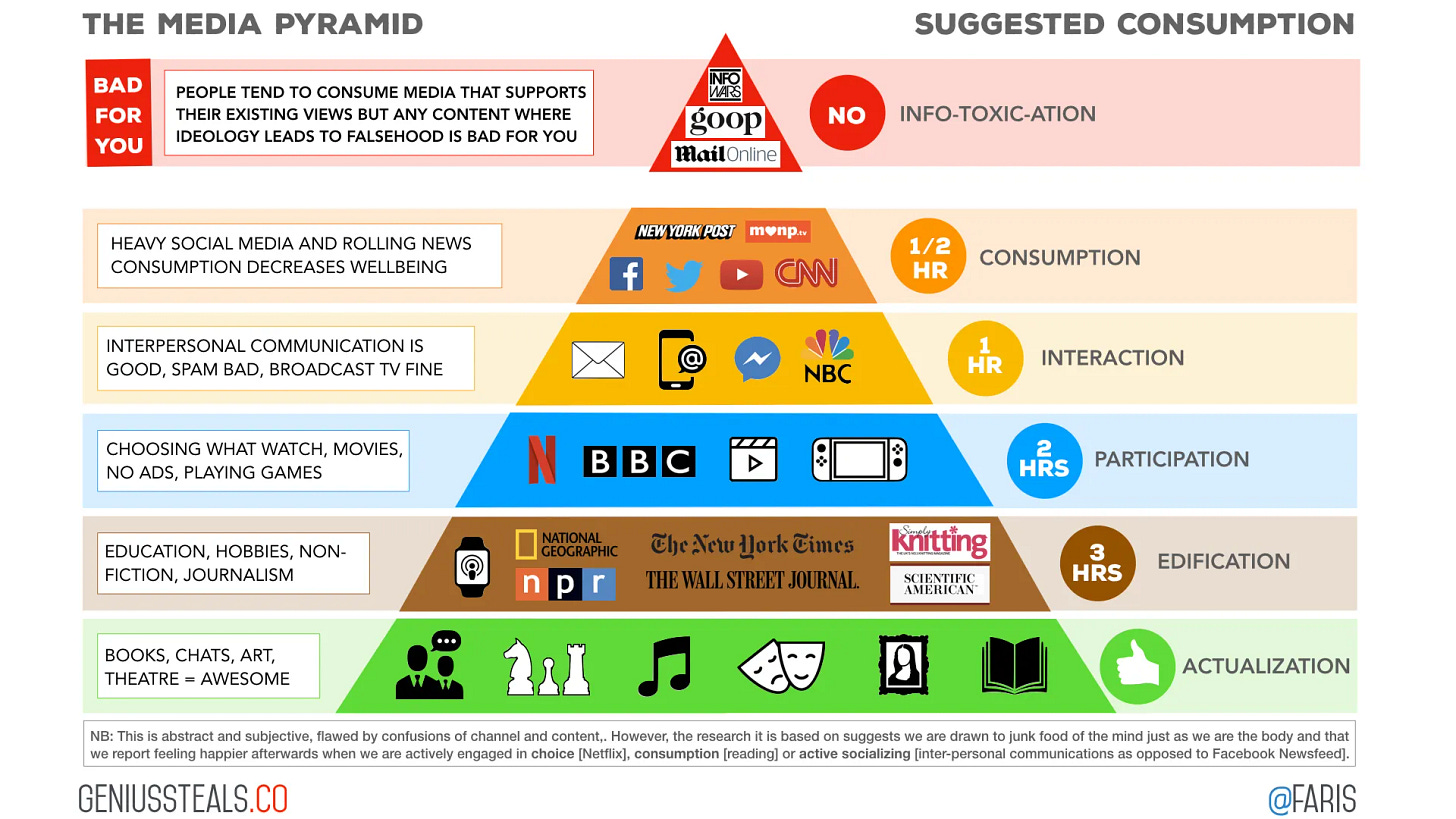Research
Message in a ballad: the role of music preferences in interpersonal perception
“…individuals use their music preferences to communicate information about their personalities to observers, and that observers can use such information to form impressions of others.“
Around the web
“My son has a Spotify playlist that he shares with three of his friends. Every morning, he looks forward to checking out any additions that his buddies may have made. They all carefully curate what makes it into the list. In his own words, “I put a lot of work into it.” He’s proud of the playlist. The music itself and also what it represents. It’s a playful and serious endeavor all at once. Teenagers tinkering with identity and expression. For all these reasons and more, it’s meaningful to him.” -Josh Lovejoy
Old School vs New School: “Not only is print dead, but the websites of the early twenty first century are irrelevant too, everything is word of mouth these days.”
👉 How Sonic DNA Connects Generations of Music
What your favourite song means to you?
Podcast: What we learned from our parents’ music collection
“..placing music as both an economic and social solution to some of the world’s most pressing challenges—is a blue-sky opportunity for music. If music is, or at the very least can be, something that can bring people together at a time when most economic activity is focused on monetising actions that exacerbate division, why isn’t addressing these issues head-on seen as good business right now?” - Shain Shapiro
International survey of 8,000 adults finds 42% tell ‘musical mistruths’ about the songs and artists they’ve listened to
Small white lies lead to musical discovery, with over two thirds (70%) listening to the song they claimed to know
Top reasons to pretend include not hurting someone’s feelings and avoiding embarrassment on a first date
Was Bandcamp the answer all along? “…the whole point of Bandcamp is that fans can pay you money, that’s the whole purpose of it. And speaking to artists, they’re fed up with doing things for exposure, or getting their Spotify numbers up so they can booked for a gig – it’s so exhausting for people.” - Aly Gillani, Bandcamp’s European Artist and Label Representative
“A new study into the impact of a music streaming User-Centric Payment System (UCPS) to remunerate rights holders concluded that a switch to the UCPS model rather than the current pro rata model, or Market Centric Payment System (MCPS), would not fundamentally result in massive shifts in revenues but could have some benefits for under-represented music genres in the current system.” - Emmanuel Legrand
Toshiba announce a new record player
Captrice: A deliberate practice app for guitar players who want to level up
85% of U.S. teens say they play video games, however, the amount of time spent playing games 6+ years old is now 57%. See chart below from Newzoo report
Listening and watching
Things we’re interested in
“Tell 10 people to go get ice cream with one condition: they all have to agree on one flavor. The flavor is going to be chocolate or vanilla every time. Groups of people don’t agree on what’s cool or interesting, they agree on what’s easy to agree on.” - Eli Altman
Rick Rubin and Rory Sutherland explore creativity covering a wide range of areas from music and comedy to design, psychology, communications, evolution, and advertising. Filled with insights and aphorisms; one in particular from Rick Rubin: “I think man’s greatest issue is the assumption that we know how anything works. And as soon as we assume we know how it works, then we think that we can control it.”
“Concerns about what technology does to creativity are hardly new. When photography arrived on the scene two centuries ago, the panic was similar. What would happen to the painted portrait now that someone could sit for a photograph? Today we know that those fears were unfounded, that photography only enhanced the ways in which artists experimented and pushed creativity. But there’s this thing about generative AI that makes it different from photography — and really from any technology that’s touched the creative process to date. It eliminates the blank page.” - Kelley Engelbrecht
Large language models are “good at saying what an answer should sound like, which is different from what an answer should be.” - Rodney Brooks
“I cannot emphasize this enough: ChatGPT is not generating meaning. It is arranging word patterns.” - John Warner
“We need AI literacy that makes students dangerous thinkers, not docile users.” - James O’Hagan
Corners of the Internet Database - websites and digital places “that reignite feelings of joy, excitement and curiosity”
Question
Can machine creativity truly exist?
Closing notes
You are reaching the end of the newsletter. Thanks so much for reading!
I hope it’s not been too much of an intrusion and if you liked this issue of the newsletter, please share or recommend to a friend or colleague.
There may be an occasional typo. Woops! There isn’t much I can do once the email has sent, but I do try to correct and update the web version.
Until next week…






